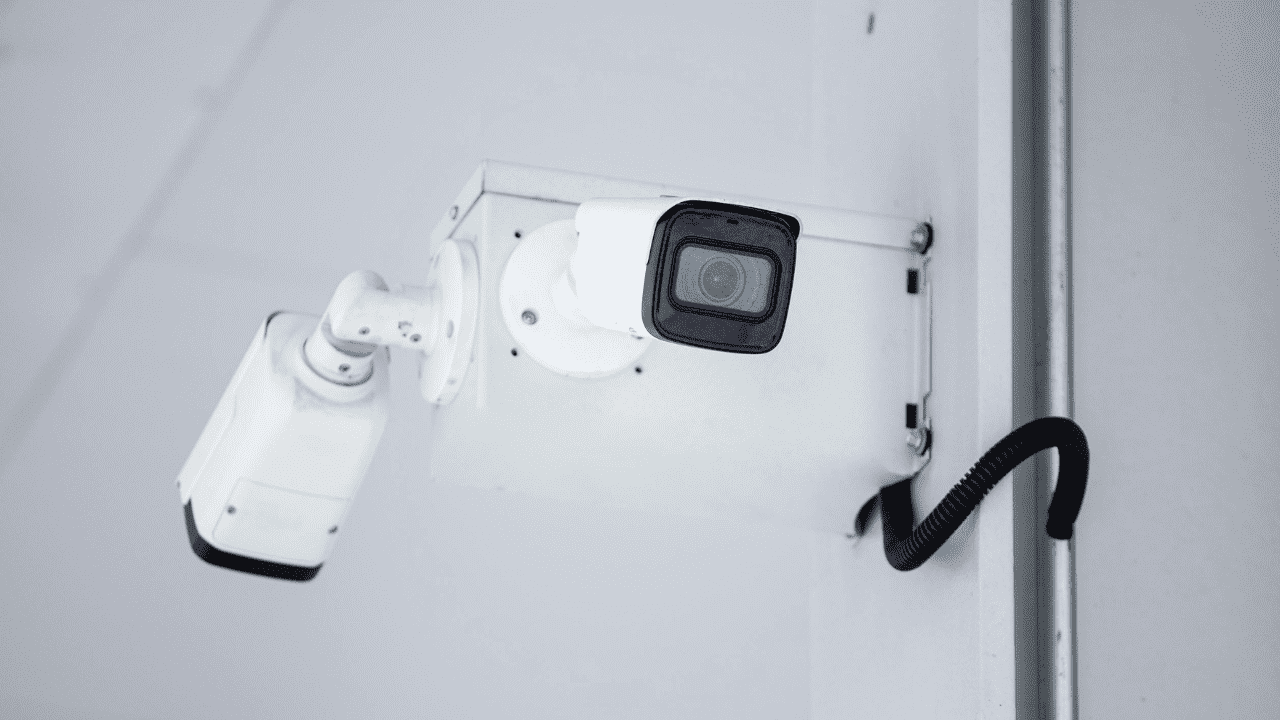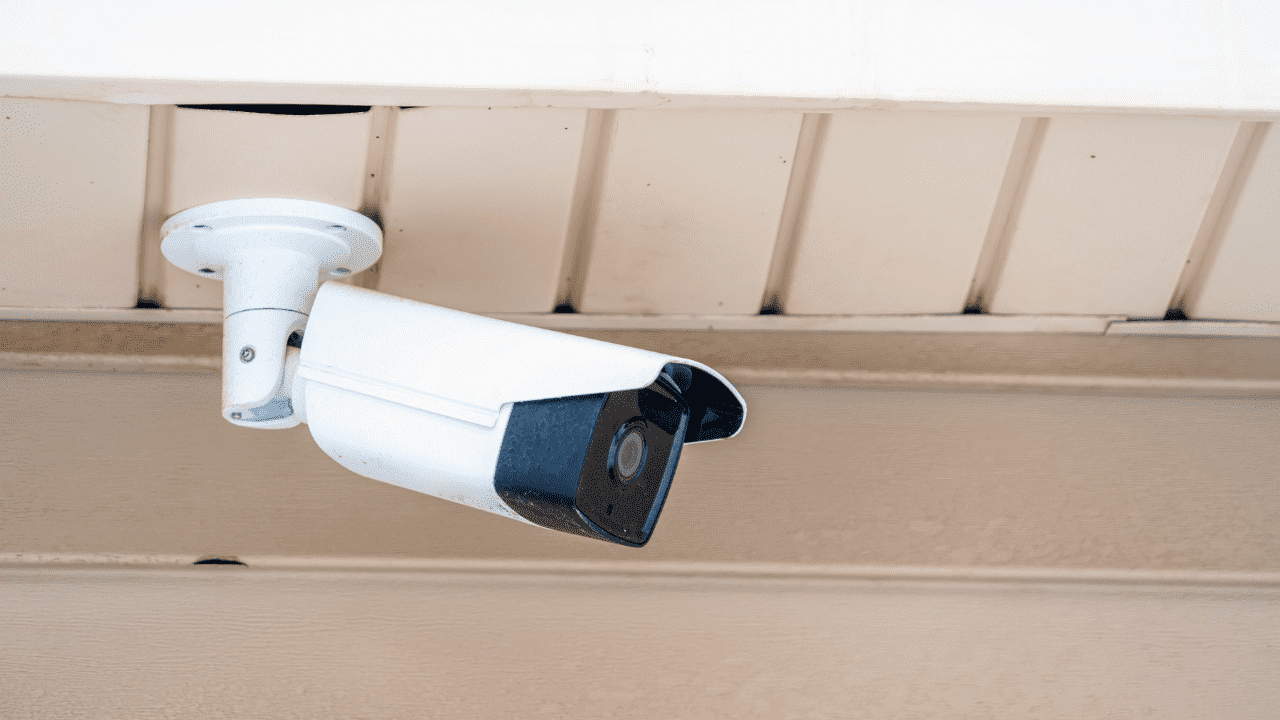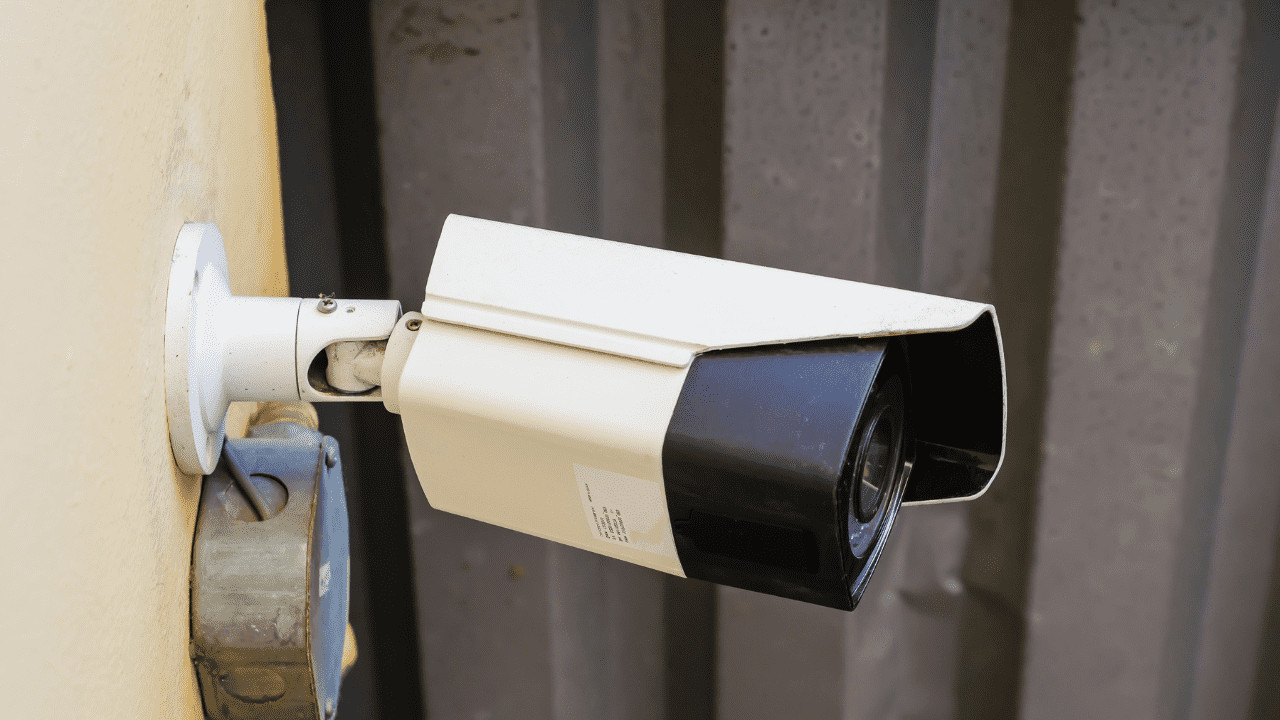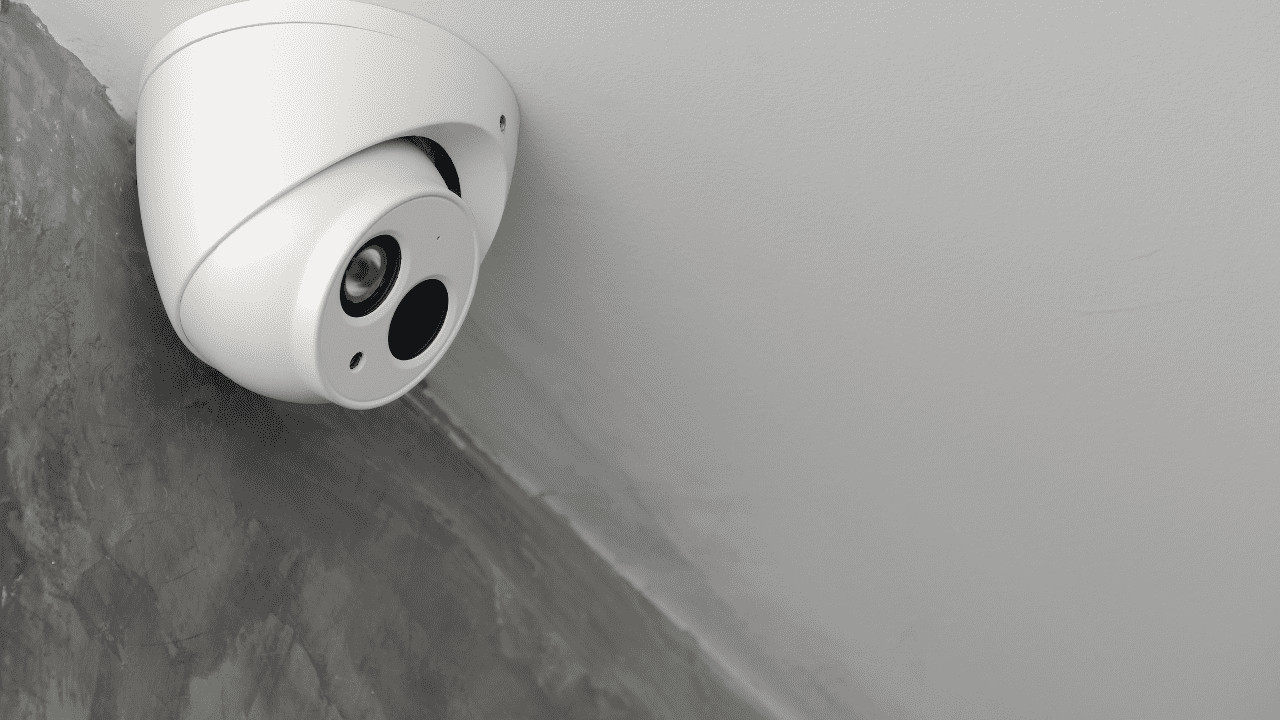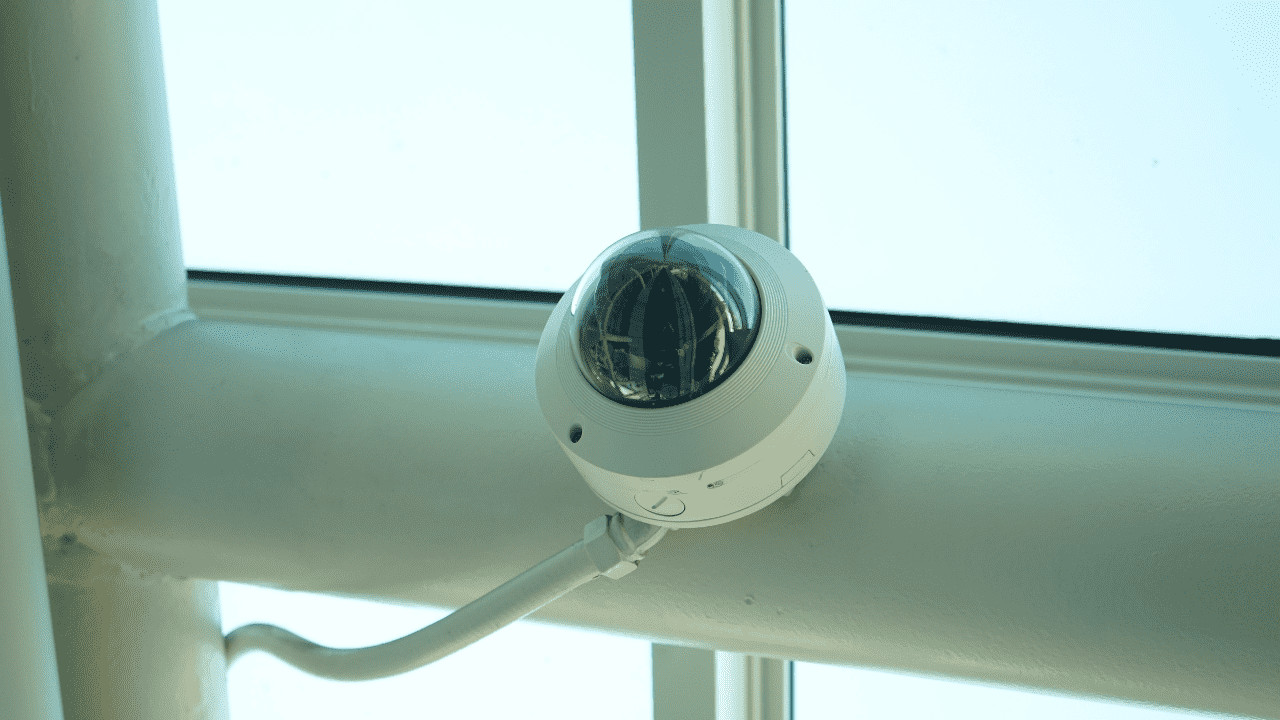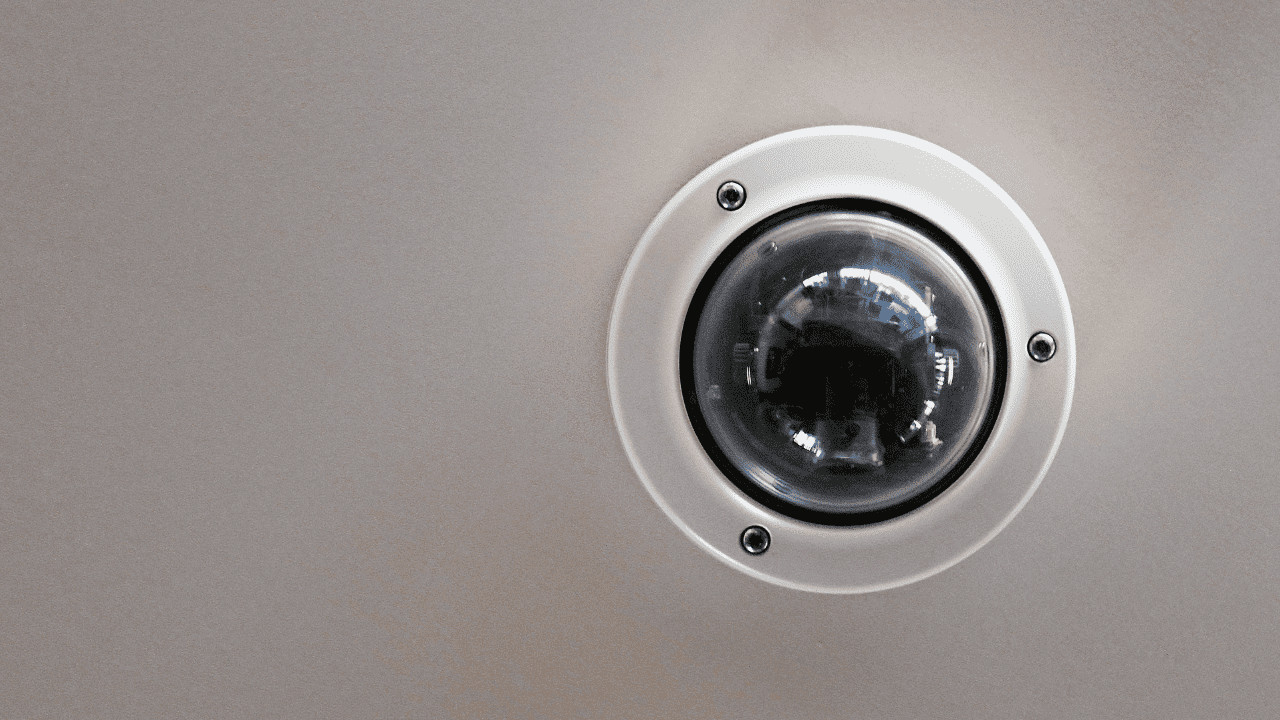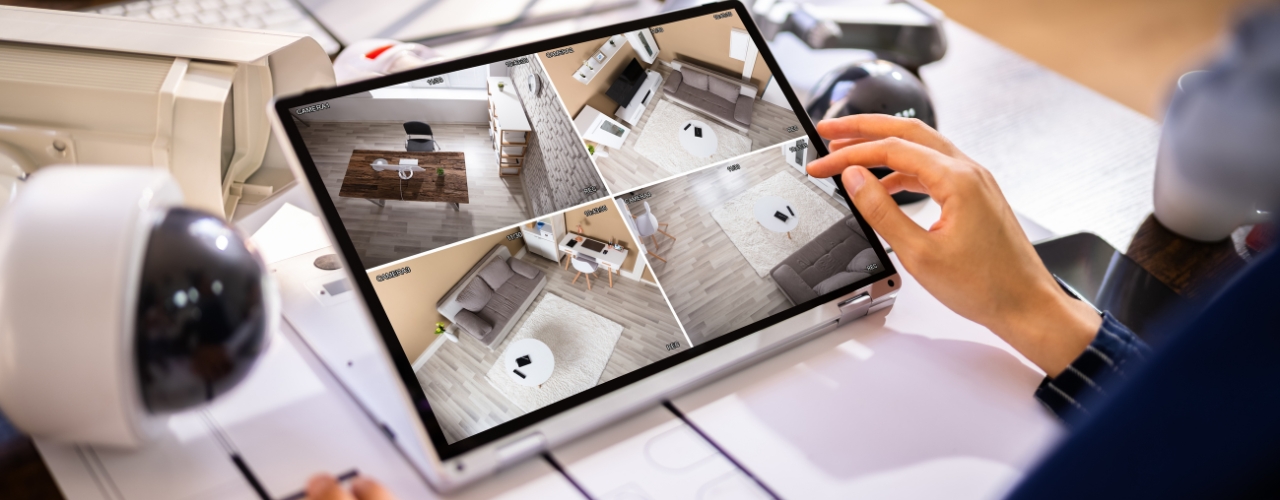In the realm of home surveillance, the strategic placement of outdoor security cameras is paramount. It’s not just about having cameras; it’s about having them where they can provide the most comprehensive coverage and deter potential threats effectively. This guide delves into the nuances of outdoor camera placement to fortify your home’s security.
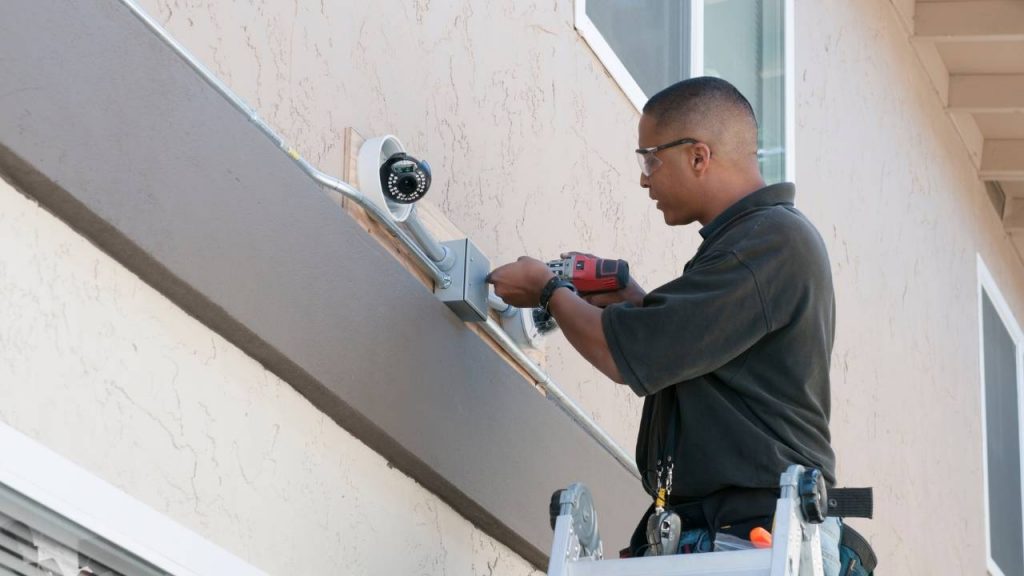
Consider The Following When Camera Setup:
Entry and Exit Points
Cameras at these points are essential. Ensure they capture high-resolution images to identify faces and license plates clearly.
Perimeter Defense
Surround your house with outdoor home security cameras to create a virtual fence. This helps in early detection of intruders and can serve as evidence in case of an incident.
Driveway and Garage Protection
Vehicles are prime targets for theft. Position cameras to record anyone approaching or entering your driveway or garage.
Outdoor Valuables
If you have pools, hot tubs, or expensive landscaping features, install outdoor security cameras in these areas can prevent vandalism and theft.
Surveillance of Dark Areas
Equip CCTV cameras with night vision for areas that lack adequate lighting, this ensures 24/7 monitoring.
High Traffic Areas
If your property is near a busy street or public area, outdoor surveillance cameras can help monitor and record unusual activities.
Elevated Views
Consider installing CCTV cameras at a higher elevation to get a broader view and to make them less accessible to tampering.
Weatherproofing
Outdoor cameras must be able to withstand the elements. Choose cameras with appropriate weatherproof ratings.
Legal and Privacy Concerns
Be aware of local laws regarding surveillance to avoid legal complications. Ensure your camera setup respects the privacy of your neighbors.
Choosing the Right Technology
When selecting CCTV security cameras, consider the following technical specifications:
- Resolution: Aim for at least 1080p for clear, detailed footage.
- Field of View (FOV): Choose cameras with a wide FOV to cover more area without blind spots.
- Motion Detection: This feature can alert you to activity in real-time.
- Night Vision: Infrared or starlight technology ensures visibility in low-light conditions.
- Weather Resistance: Look for cameras rated for outdoor use, such as IP66 or higher.
- Connectivity: Opt for cameras that support Wi-Fi for remote monitoring and easy integration with smart home systems.
Conclusion
Implementing an effective outdoor camera security system is a strategic move to enhance the safety of your home. By carefully considering outdoor camera placement, technology selection, and ongoing maintenance, you can significantly improve your home’s security posture.
Contact Us
If you’re ready to take the next step in enhancing your home security with our state-of-the-art security cameras, we’re here to assist you. VIKYLIN range of products is designed to meet various security needs and budgets.

